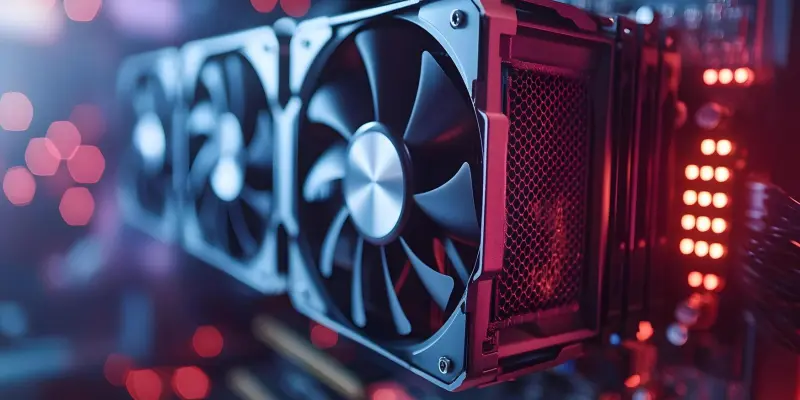The growing concern over NVIDIA’s quality control has heightened after a Reddit user, MutedMobile3977, reported experiencing “coil whine” with their ASUS TUF GeForce RTX 5090, a high-end GPU. Upon examination, the user discovered a damaged capacitor within the GPU. This kind of physical damage in a new model raises serious questions about the effectiveness of NVIDIA’s quality control.
Interestingly, the GPU continued to function without immediate performance problems, despite the visible damage. Normally, a damaged capacitor would cause significant operational issues, particularly under heavy loads. This anomaly raises doubts about the reliability of NVIDIA’s quality checks, suggesting that other GPUs in the RTX 5090 series may also be affected. The inconsistent performance and physical damage hint at possibly larger systemic problems in NVIDIA’s quality control. The Reddit user has filed a Return Merchandise Authorization (RMA) request, highlighting the critical nature of the issue for both current and future customers. This incident underscores the need for transparent quality control processes and consistent product reliability to maintain customer trust. As the community closely watches the RMA process, there is increased scrutiny on NVIDIA’s approach to quality assurance.
In summary, the damaged capacitor identified by the Reddit user raises significant questions about NVIDIA’s quality control for the RTX 5090 GPU. This incident spotlights potential systemic issues, stressing the need for stringent quality control measures to avoid similar problems. The follow-up actions by NVIDIA will be vital in demonstrating their commitment to quality and reliability. Ensuring strong QC practices will not only address future concerns but also bolster confidence in both new and existing products.

